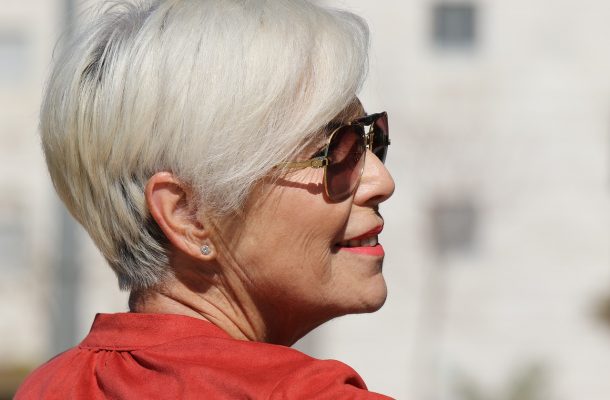Keeping up with the older generation

With an ageing workforce and economic uncertainty increasing the need to retain valuable corporate knowledge, organisations have a golden opportunity to better manage their risks and support their people, Kate Booth of Collectiva explains.
Australia’s workforce is steadily ageing but the pandemic has brought changes to all facets of life, including people’s retirement plans. Workers may find themselves having to stay in the workforce longer, where superannuation has dropped in value or a partner’s work income has been affected by the pandemic. Others may be facing forced early retirement, through stand-down or redundancy, or fearing age discrimination as they re-enter the recruitment market.
Even without a pandemic, retirement can be one of our most significant life transitions, psychologically and socially.
For organisations too, the retirement of staff presents potential challenges. Organisations lose knowledge and skills when staff retire. There may be disruptions to client or supplier relationships when their key contacts leave. Business owners can face difficulties in replacing experienced staff, even triggering a need to redesign roles.
How might an organisation manage these risks, and support its older workers?
Many organisations are investing time and energy in Transition to Retirement programs, to address these risks while supporting their staff in navigating a significant life event.
Diversity in all its forms is recognised as key for organisational performance. Older workers may bring technical leadership and the know-how that can only be built from experience. For many people, knowing that an employer is concerned for your wellbeing is an important factor in building loyalty and ‘going the extra mile’ in customer service.
Most obviously, employers can encourage employees to seek financial advice. For example, there may be options available to access superannuation while continuing to work as part of a transition to retirement strategy (e.g. see the MoneySmart website).
However, preparing for retirement is about much more than financial planning.
On the organisational side, there may be valuable adaptations to existing policies on working conditions, creative processes of knowledge transfer, staff development and mentoring programs. Organisations may identify specific opportunities for older workers to pass on their expertise, or to move into a different type of leadership role.
For individuals, drawing on Employee Assistance Programs (EAP) or specialist Transition coaching programs are valued avenues of support. A coach can work with an individual to think about what they seek for their next phase, to audit current needs and expectations, and to identify and explore options for their future wellbeing. A coach will then work with a client to form a practical plan for getting there.
Back in the workplace however, Rachael Palmer, organisational psychologist at TransitioningWell, points out that both workers and managers often find it difficult to have conversations about ‘what’s next’.
Flexible work options or reduced load are commonly sought-after next steps, but not all older workers are ready to slow down. For some people the last years of work are crucial to bolstering retirement savings. Caring responsibilities may change – perhaps no longer caring for young children, some older workers may now be caring for elderly family members. These factors, and more, mean that an individualised approach to transition to retirement is both necessary and appropriate.
Importantly, transition to retirement solutions do not have to be limited to staff in large organisations – many small, actionable and effective initiatives are possible when resources are limited.
However, we still have a long way to go. Succession planning is on the “to do” list for many managers and their HR partners. More than half of the respondents in a 2018 study* into older workers said their organisation had no transition to retirement strategy in place for their workers. Only 26 per cent of organisations capture corporate knowledge when older workers leave, although roughly two-thirds of respondents acknowledged older worker departures have caused a loss of key skills and knowledge in their organisation.
What might your organisation do to manage the risks and realise the opportunities of an ageing workforce?
Get in touch if you need help exploring your response.
*The study, conducted by Australian HR Institute (AHRI) in association with the Age Discrimination Commissioner, the Hon Dr Kay Patterson AO of the Australian Human Rights Commission looked at attitudes and perceptions, recruitment, retention and training and development issues for older workers.
How does your business support mature workers?
Post a comment on First 5000 – Have your Say on LinkedIn today or email editor@first5000.com.au with your story.

Kate Booth is a business owner, researcher and consultant who works with organisations, leaders and teams to evolve their cultures, systems and processes. Kate founded Collectiva in 2020 with the aim of helping build strong organisations that people want to join. She is achieving this through positive, practical transformation strategies and bespoke programs for organisational and team development. Kate has authored a PhD on managing in uncertainty, including international award-winning work on handling organisational ambidexterity – the capabilities and challenges involved as we work in our traditional business while exploring for the future. She continues to research in the field of management and organisational development, on topics including older workers’ employment and implications for organisations.








